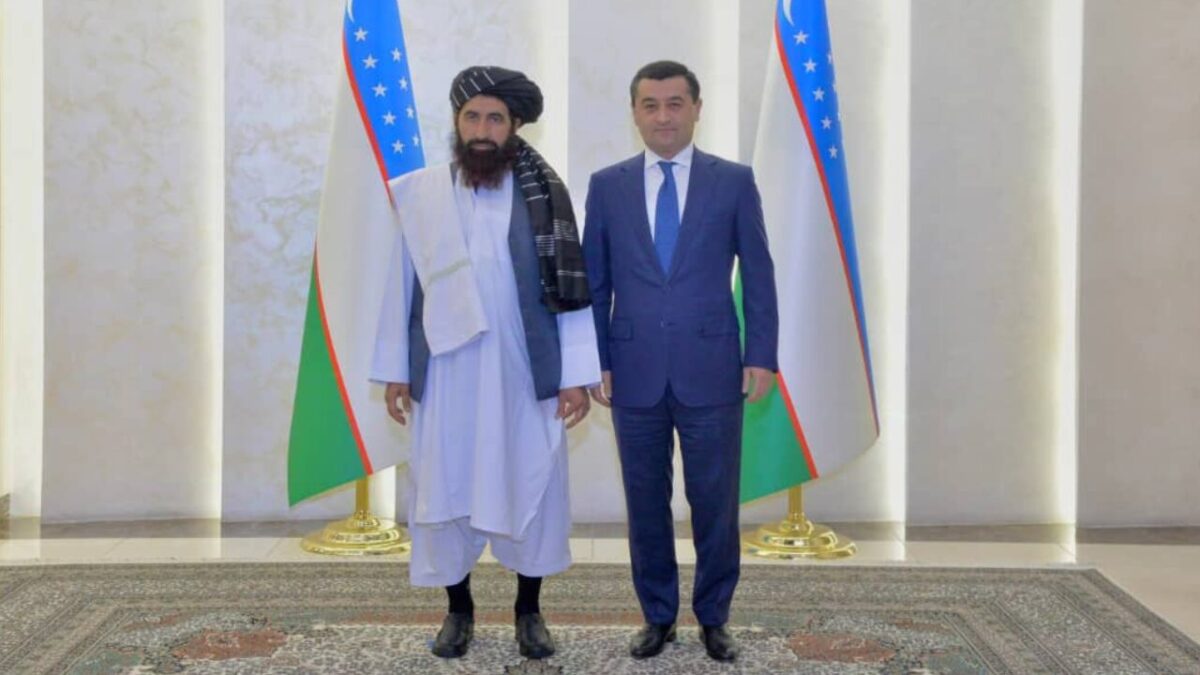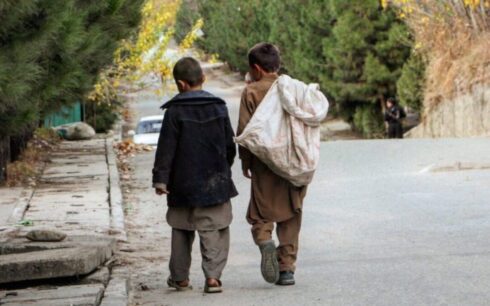The Taliban’s newly appointed ambassador to Uzbekistan, Abdul Ghafar Bahr, has begun his official duties, marking a diplomatic milestone between the Taliban administration and the Central Asian nation.
This development has drawn criticism from human rights advocates, who urge countries engaging with the Taliban to prioritize human rights and women’s rights.
Uzbekistan’s Foreign Minister, Bakhtiyor Saidov, met with Bahr in Tashkent to discuss bilateral relations. The Taliban hailed the meeting as a diplomatic achievement. “Saidov emphasized that stability in Afghanistan presents an opportunity for investment, which should be seized,” said Hamdullah Fitrat, a Taliban spokesperson. Fitrat added that Bahr is expected to present his credentials to Uzbekistan’s President, Shavkat Mirziyoyev, in the coming days.
The engagement between Uzbekistan and the Taliban has raised concerns among human rights defenders, particularly given the Taliban’s record of restricting women’s rights. “The Taliban continue to violate the human rights of women and girls,” said a resident of Kabul. “Any engagement should be conditioned on respect for human rights and women’s rights. These relations should not enable the Taliban to perpetuate abuses against the Afghan people.”
Mursal, another Kabul resident, echoed these concerns, calling on regional and global powers to condition their diplomatic relations with the Taliban on the group’s treatment of women and respect for freedom of speech.
Uzbekistan has maintained a pragmatic approach to its relations with the Taliban. In August, Prime Minister Abdulla Aripov made a high-profile visit to Afghanistan, underscoring the country’s willingness to engage with the Taliban-led administration. Although no nation has formally recognized the Taliban government since it took control of Afghanistan in 2021, several regional countries have established working relationships with the group.
In a recent speech, Abdul Kabir, the Taliban’s deputy chief minister for political affairs, claimed that 40 Taliban diplomatic missions are now active worldwide, reflecting the group’s efforts to strengthen its international ties despite ongoing global concerns over its human rights record.





